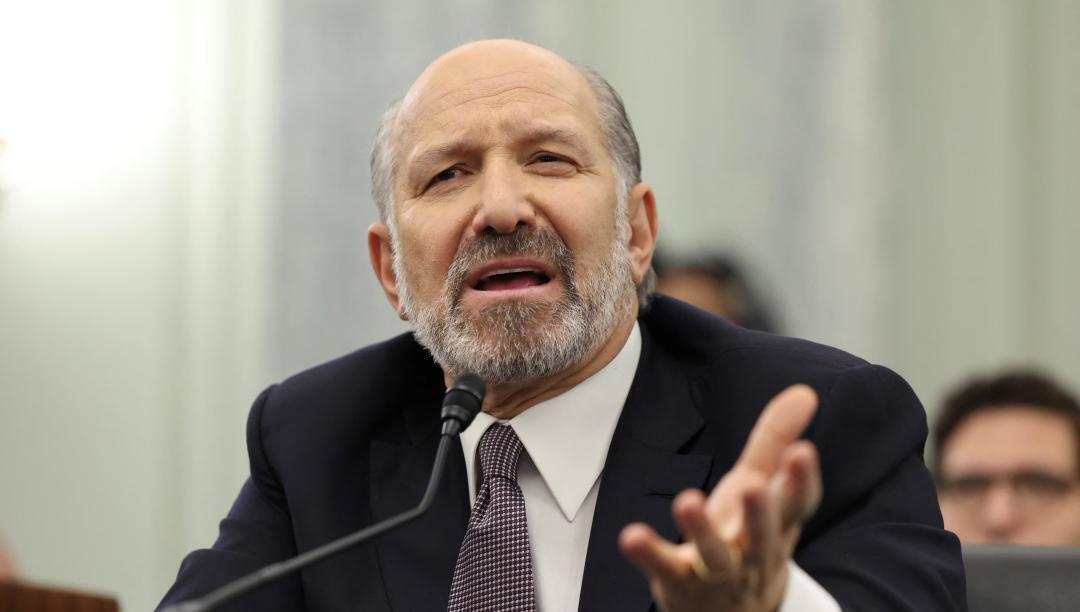
No More Grace Periods: US on August 1 Deadline for Tariff Payments
In a recent development, the United States Commerce Secretary Howard Lutnick has announced that the August 1 deadline for imposing tariffs on its trading partners remains unchanged. According to Lutnick, there will be “no extensions, no more grace periods” and the tariffs will go into effect on August 1. This comes as a significant blow to countries that were hoping for a reprieve from the impending tariffs.
As reported by Moneycontrol, Lutnick made the announcement during an interview, stating that customs will start collecting the money from the designated date. This means that exporters and importers will have to pay the tariffs ranging between 25% and 40% on goods imported from 14 nations.
The tariffs in question were announced by President Donald Trump earlier this year, as part of a broader effort to address what he perceives as unfair trade practices by other countries. The affected nations include some of the biggest trading partners of the United States, including China, Canada, Mexico, and the European Union.
The implications of this deadline are far-reaching and could have significant consequences for global trade. The tariffs are expected to increase the cost of goods for consumers, which could lead to higher prices and reduced demand. This could in turn have a negative impact on economic growth and employment.
The delay in implementing the tariffs had given countries a brief window to adjust their trade strategies and find alternative markets. However, with the deadline now firmly set, businesses and governments will have to scramble to find ways to mitigate the impact of the tariffs.
One of the most affected industries is the technology sector, which relies heavily on imports from countries like China and Mexico. Companies like Apple and Dell, which have manufacturing facilities in these countries, may struggle to maintain their supply chains and meet customer demand.
Another industry that could be significantly impacted is the automotive sector. The tariffs on imported cars and parts could lead to higher prices and reduced sales, which could have a devastating impact on the industry.
The announcement has sent shockwaves through the global economy, with many experts warning of the potential consequences. The International Chamber of Commerce (ICC) has cautioned that the tariffs could lead to a global trade war, which could have far-reaching and devastating consequences for the global economy.
In conclusion, the US Commerce Secretary’s announcement that the August 1 deadline for tariff payments remains unchanged is a significant development with far-reaching implications for global trade. The tariffs are expected to increase the cost of goods for consumers, which could lead to higher prices and reduced demand. Businesses and governments will have to find ways to mitigate the impact of the tariffs, and the global economy may be in for a rough ride.






